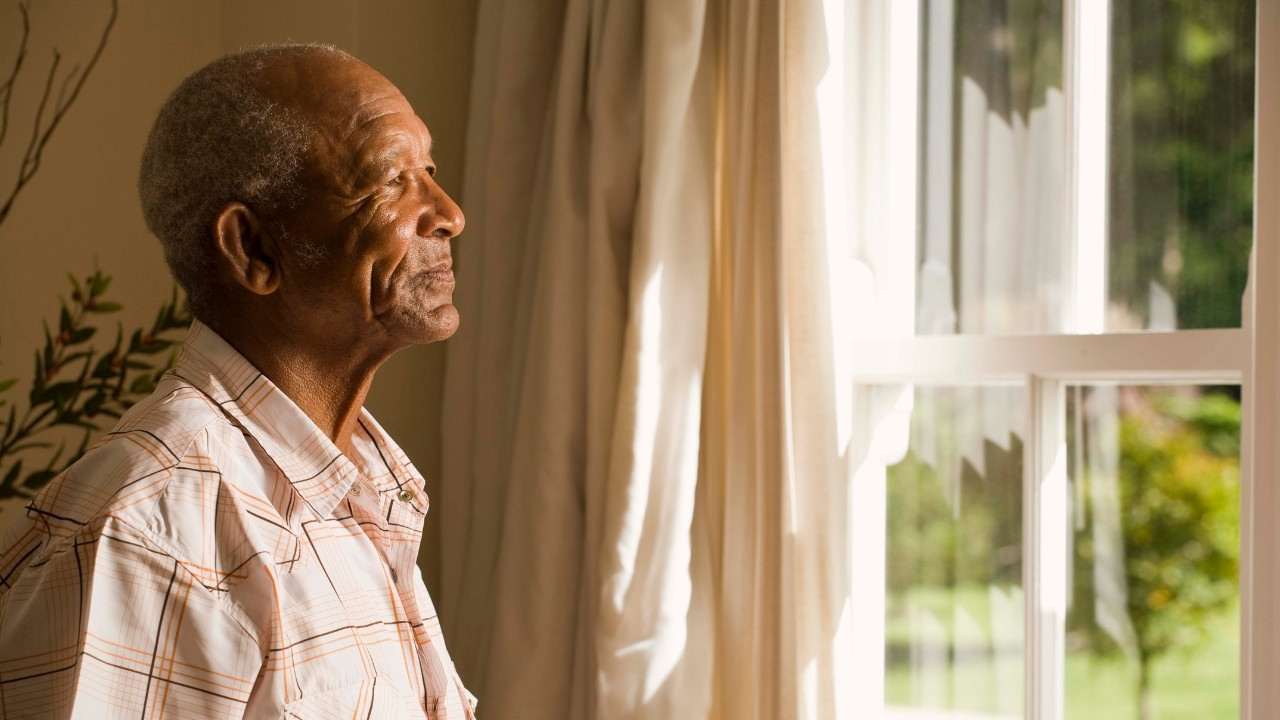Why looking for alternatives to living alone can improve quality of life
By Rebecca Frederick
Loneliness and social isolation are two of the most significant issues facing older adults. In fact, the proportion of Canadian seniors who reported feeling isolated often or some of the time more than doubled in 2021 (37 per cent), compared with 2017 (17 per cent). While this sharp increase is likely connected to the Covid-19 pandemic, factors such as the loss of a spouse, driving cessation, hearing loss, and chronic health issues all play a role in loneliness.

Aside from affecting a person’s emotional well-being, loneliness and social isolation also have significant impacts on physical health. Some researchers posit that addressing loneliness may be more important than factors such obesity and physical inactivity, while other research shows that “socially-integrated lifestyles” protect against dementia.
According to 2021 census data, people over 85 are the fastest growing age group in the Country. This represents the beginnings of a significant demographic change – specifically, the number of people over 85 has more than doubled since the 2001 census. It is expected to triple by 2046.
In essence, British Columbia could be experiencing the effects of loneliness across our society because of the aging demographic. So, what can we do about it?
For older adults, being independent is equated with well-being, and as a society we like to emphasize living at home for as many years as possible. Is that truly the best option for each of us as we get older though? Let’s consider the alternatives.
Congregate living scenarios such as independent living residences, according to available evidence, can have beneficial effects not only as it relates to reducing loneliness, but also in terms of supporting physical and cognitive health. It also aids in nutrition, helps to reduce stress (both for the resident and the caregiver), and keeps residents safer through non-medical supports.
While independent living options can help older adults live well, ageism and internalized ageism (i.e. negative attitudes towards one’s own aging, or perceiving oneself as “too old”), can oftentimes get in the way of the decision to make a housing and lifestyle change. “I don’t want to live with all of those old people,” is a phrase often heard by independent living operators. Yet, once a transition is made, “I should have done this sooner,” or “Mom is so much happier now,” are often shared with trusted independent living staff instead.
There are no easy solutions to addressing loneliness in our society, but its negative impact on physical and mental health are well-documented. We owe it to ourselves to weigh the evidence and find ways to mitigate loneliness, such as considering new housing options within our community.
If you are an older adult looking to explore the options available to you, the first-ever Seniors Living Expo will help answer your questions. It’s happening November 5-6 at the Vancouver Convention Centre. The Seniors Living Expo will bring together B.C.’s seniors living and care communities to showcase the best products and services available for older adults, alongside organizations who specialize in serving the personal health and wellness needs of seniors.
To learn more visit www.seniorslivingexpo.ca!
Rebecca Frederick is Director of EngAge BC, an operating arm of BCCPA which supports support the distinct needs of independent living and home health operators.




